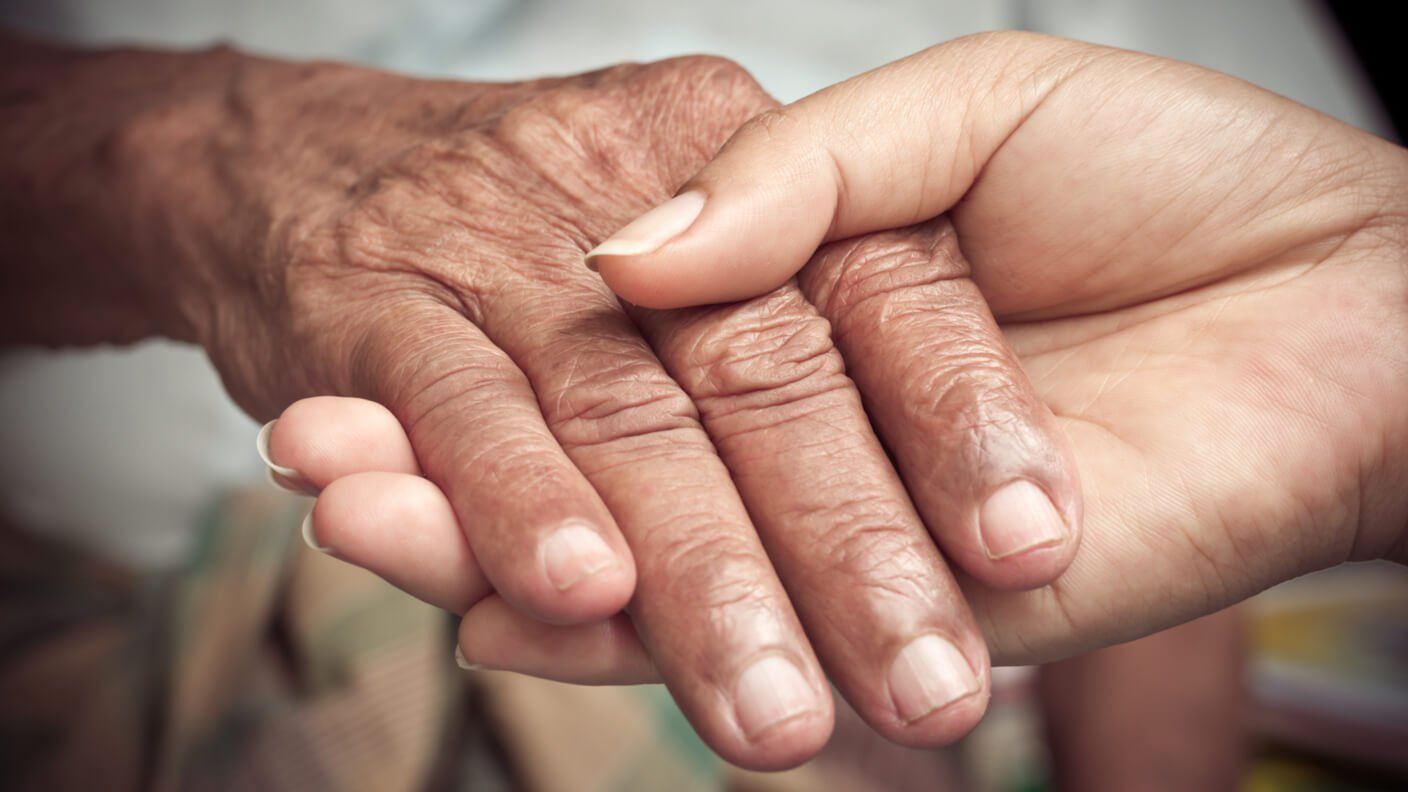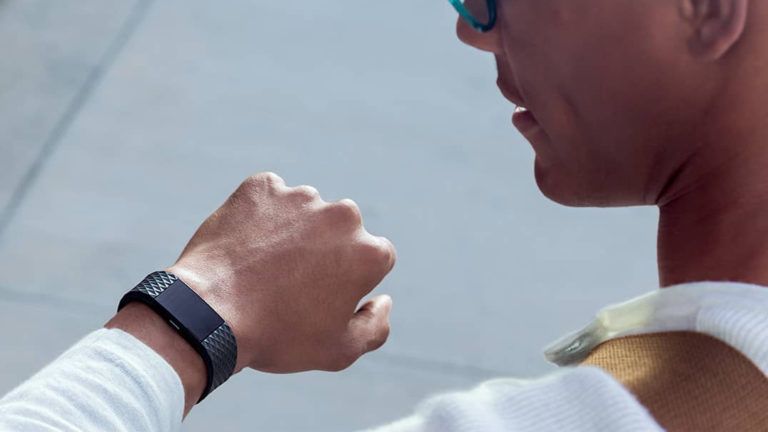A quick look at synthetic biology and its potential for health and treating age-related diseases.
All living organisms contain an instruction set that determines what they look like and what they do. These instructions are encoded in the organism’s DNA within every cell, this is an organism’s genetic code (or “genome”).
Mankind has been altering the genetic code of plants and animals for thousands of years, by selectively breeding individuals with desired features. Over time we have become experts at viewing and manipulating this code, and we can now take genetic information associated with the desired features from one organism, and add it into another one. This is the basis of genetic engineering, which has allowed us to speed up the process of developing new breeds of plants and animals.
More recent advances however have enabled scientists to create new sequences of DNA from scratch. By combining these advances in biology with modern engineering, chemistry and computer science, researchers can now design and construct new organisms with cells that perform new useful functions. This “customised” cell biology is the essence of synthetic biology.









